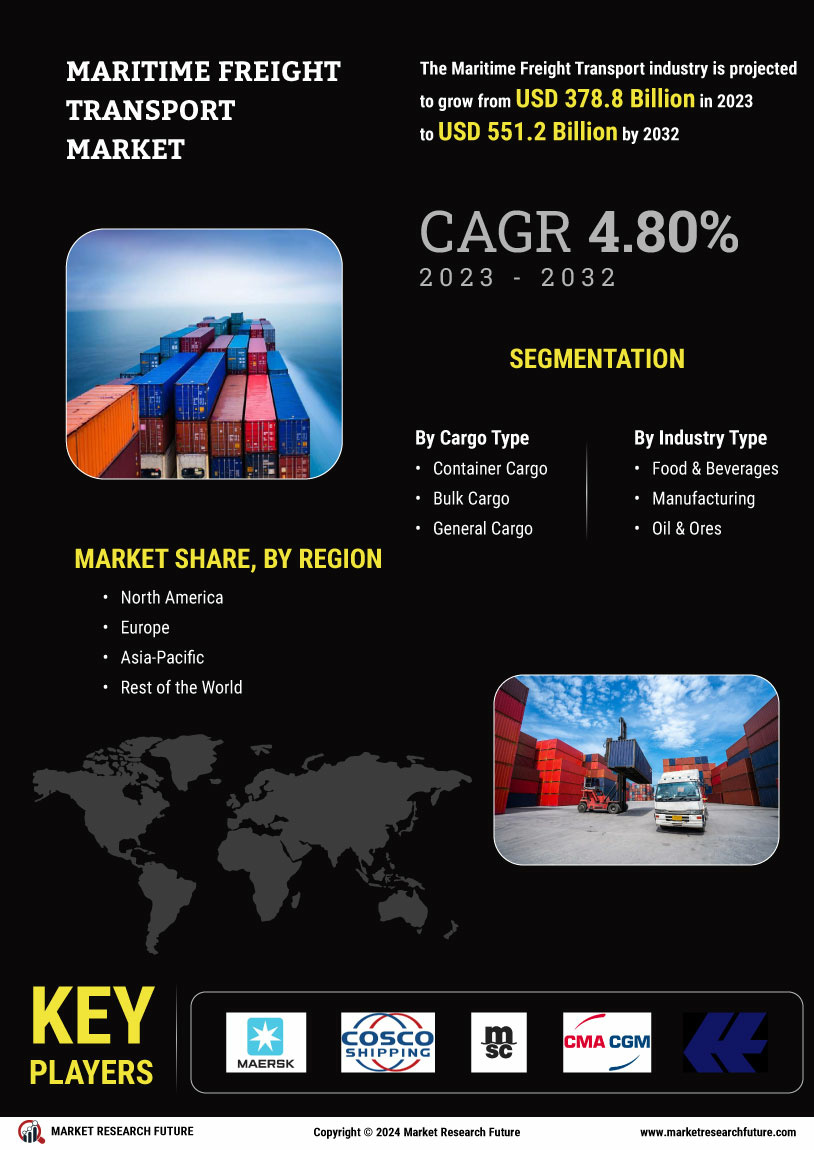Maritime Freight Transport
Maritime freight transport refers to the movement of goods and cargo by sea using ships and other marine vessels. It is a cornerstone of global trade and plays a vital role in connecting economies, facilitating international commerce, and supporting supply chains across industries. Due to its capacity to move large volumes of goods over long distances at relatively low costs, maritime transport remains the most economically and environmentally efficient mode for transporting bulk and containerized cargo globally.
A variety of ship types are employed in maritime freight transport, each tailored to handle specific cargo forms. These include container ships, bulk carriers, tankers, roll-on/roll-off (Ro-Ro) vessels, and general cargo ships. Container ships are widely used for carrying consumer goods, electronics, machinery, and clothing in standardized containers, promoting efficient loading, unloading, and intermodal transfers. Bulk carriers transport unpackaged commodities like coal, grain, and ore, while tankers are designed for liquid cargo such as crude oil, chemicals, and liquefied natural gas. Ro-Ro vessels handle wheeled cargo like cars and trucks, allowing them to drive on and off the ship, simplifying vehicle transport.


